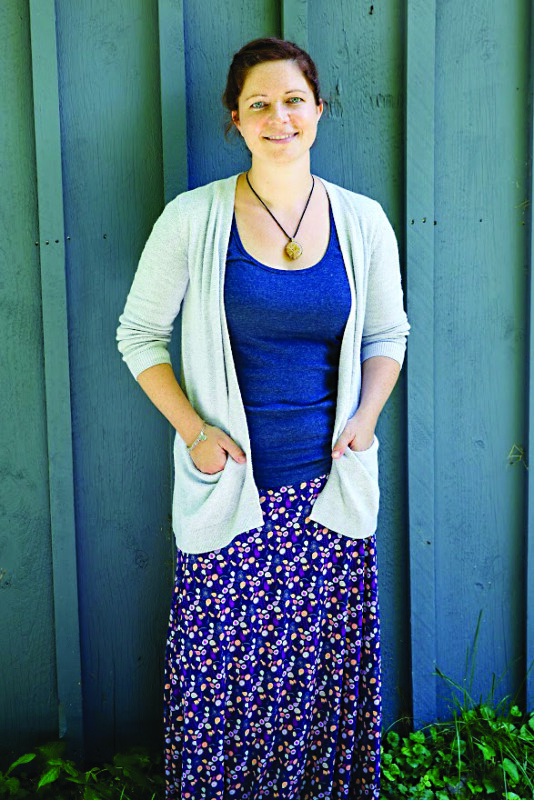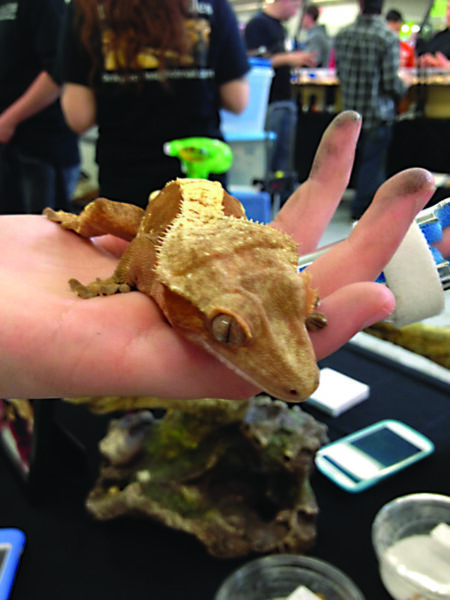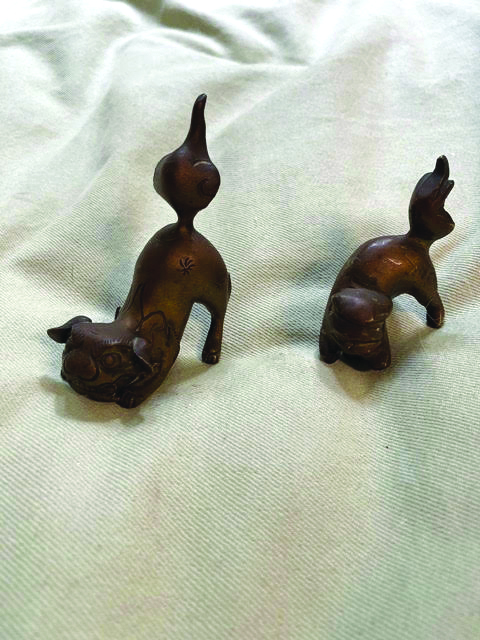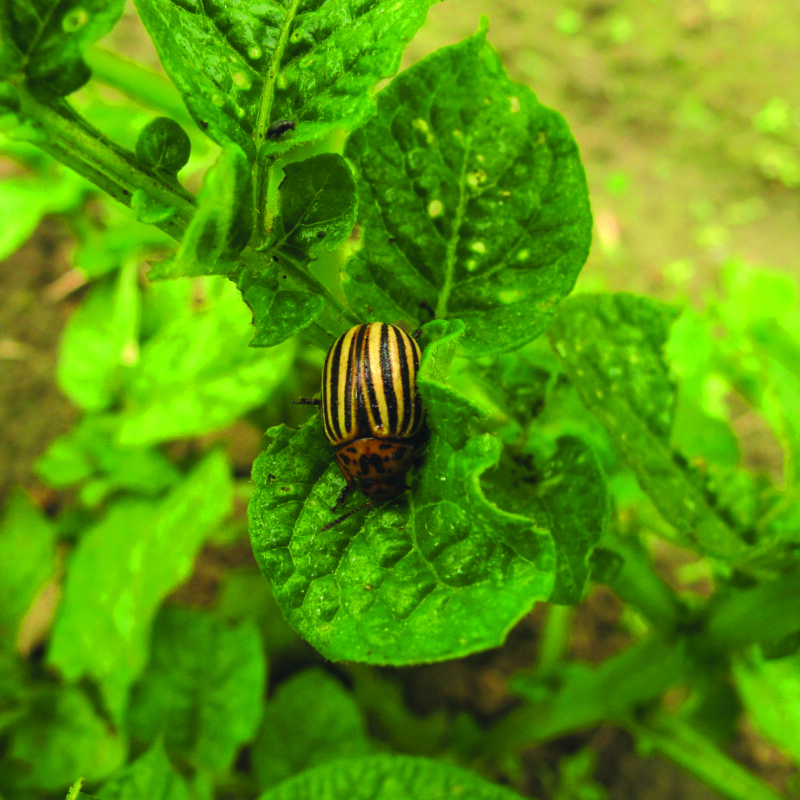Merrimack resident judges at Westminster dog show
Merrimack resident and retired dog handler Mark Threlfall headed to Tarrytown, New York, earlier this month to serve as a breed judge at the Westminster Kennel Club’s 145th annual Dog Show — his third time judging the all-breed purebred conformation competition. It’s the longest nationally televised live dog show and second-longest continuously running sporting event in the U.S., following the Kentucky Derby. Threlfall, who handled the Best in Show winning dog at the show in 1993, talks about what it’s like to work with top dogs.
What did you do as a judge at the WKC dog show?
I was one of probably about 40 breed judges. [Breed is] the first level of judging: Dogs compete with other dogs of their same breed. We select one dog as the Best of Breed winner, and that dog goes on to compete in his variety group. I did sporting dog breeds — they’re what I judge the most, and I enjoy them — like Irish setters, German wirehaired pointers, German shorthaired pointers, Gordon setters and black cocker spaniels. I [chose] one [dog] in each of those [breeds] to come back that night and compete in the sporting group. It keeps narrowing down from there in a process of elimination; four dogs [in the group] would be placed and the dog that wins first place would go on to compete for Best in Show.
What is your experience with dog shows?
My first job in high school was a job in a kennel in Amherst, and from there, when I got out of high school, instead of skipping off to college, I went to work for the handler who showed the dogs for that kennel. It was supposed to be just a gap year, but that turned into four years of working for him. Then I went on to work for a couple who were handlers and very famous people in the sport in Southport, Connecticut, for five years. After that experience, I decided it was time to go out and show dogs of my own. As a handler, you do basically the same thing a horse trainer does for [racing] horses to get them ready for a race, but for dogs. Then, you’re not only the trainer, but you’re also kind of the ‘jockey,’ because you’re the one who brings them into the ring and shows them.
What do you look for when judging the dogs?
Every breed has what’s called a ‘standard’ — a complete word description of every physical attribute of a perfect dog in that breed. It tells you how big it is, what kind of coat it has, what colors it can have, the [body] structure and everything from the length of the nose to the length of the head. You judge the dogs against their breed’s standard — you aren’t judging them against each other — and then you pick the dog that you feel most closely approaches perfection as described by its breed’s standard. By the time Best of Show is judged, you’ve got seven dogs in the ring that are all excellent examples of their breed, and what it comes down to then are those little intangibles. The dogs seem to know and understand that they’re in a show and that it’s a big deal, and you can just tell that they’re into it. They get all happy and excited and bubbly. It’s hard to describe, but it’s more about the performance, that little bit of magic a dog has going on that day that makes it catch your eye.
How does one become a dog show judge?
We’ve all spent many years in the sport and around purebred dogs. … To judge for the American Kennel Club, you have to pass a test on the breed. Then the American Kennel Club has what they call ‘field representatives’ who work for the club and will come watch you in your first several [judging] assignments to see how you do, kind of as a hands-on test of [your knowledge of] the breed. Then, if they think you know what you’re doing, they’ll give you regular status [as a judge] for that breed.
How did you get called to judge the WKC dog show?
They have a committee that selects the judges. Basically, they look for people who … have a good reputation of being fair and knowledgeable of the breeds that they’re judging. … Everybody hopes they get invited; it’s the biggest and best show. It’s a really big deal and a thrill for us [judges], like the Academy Awards or something.
What is your favorite part of judging a dog show?
There’s nothing like finding a new great dog. There are [dog show] magazines where the owners advertise if their dogs had big wins and things like that, so when you go into the ring, you probably know several of the dogs. When you find an unknown one that you think is a really wonderful dog and is better than any of the others, that’s what’s really exciting.







